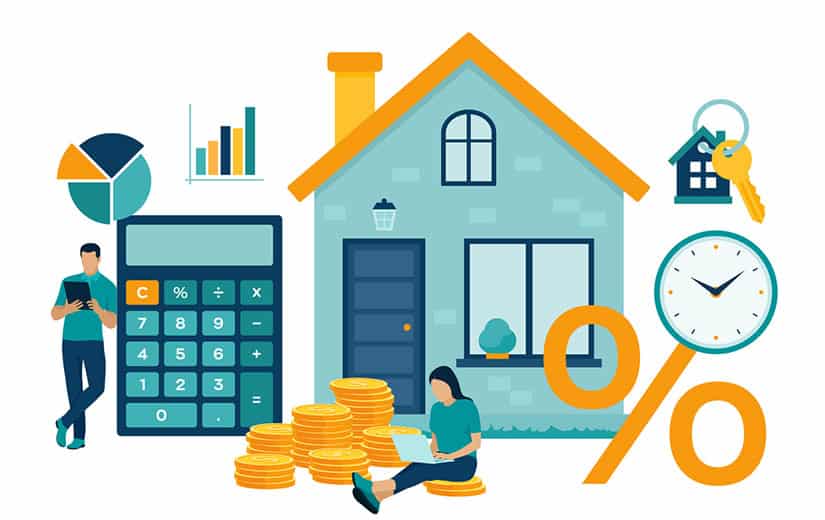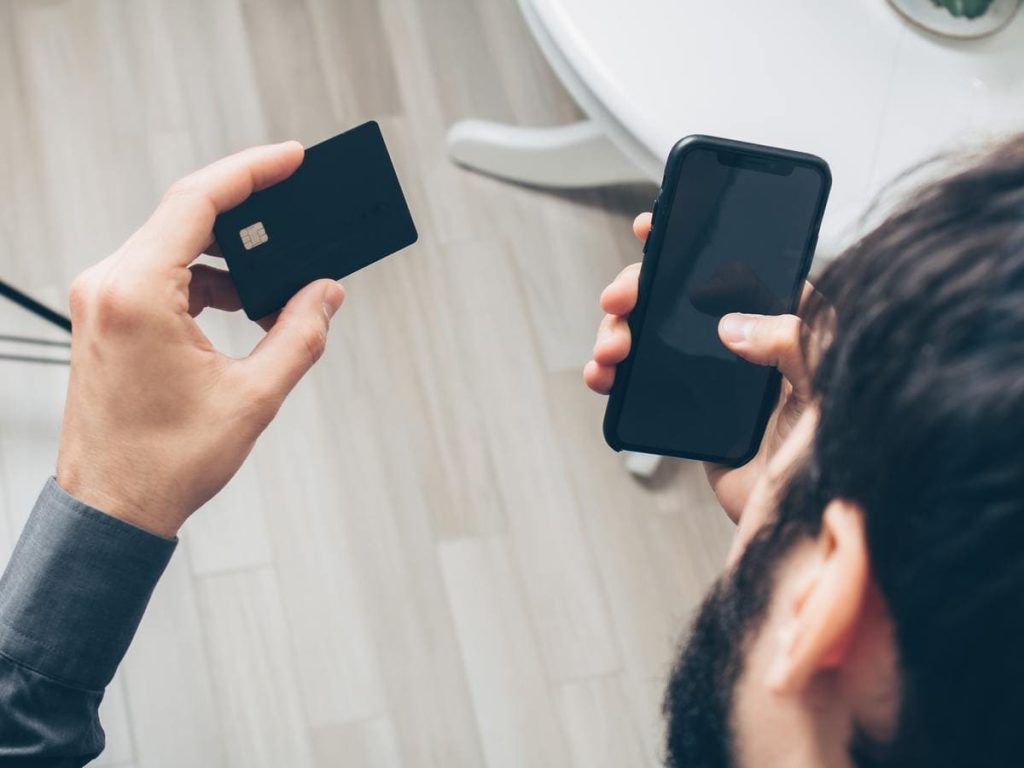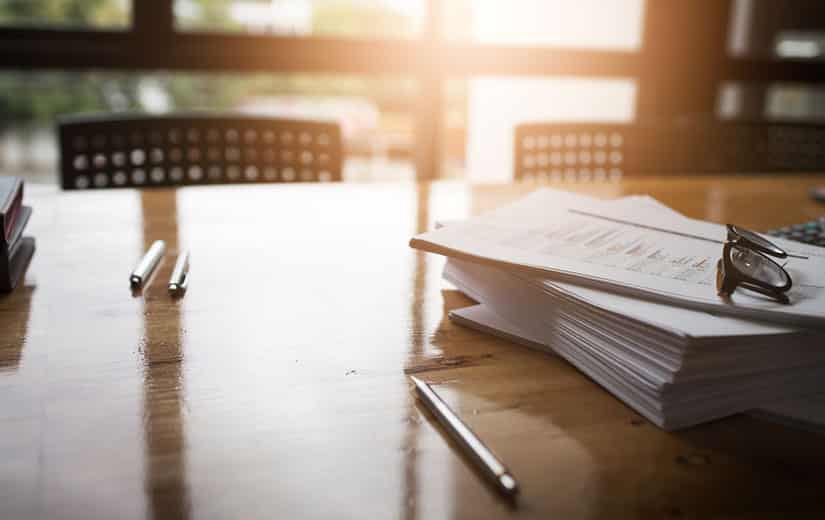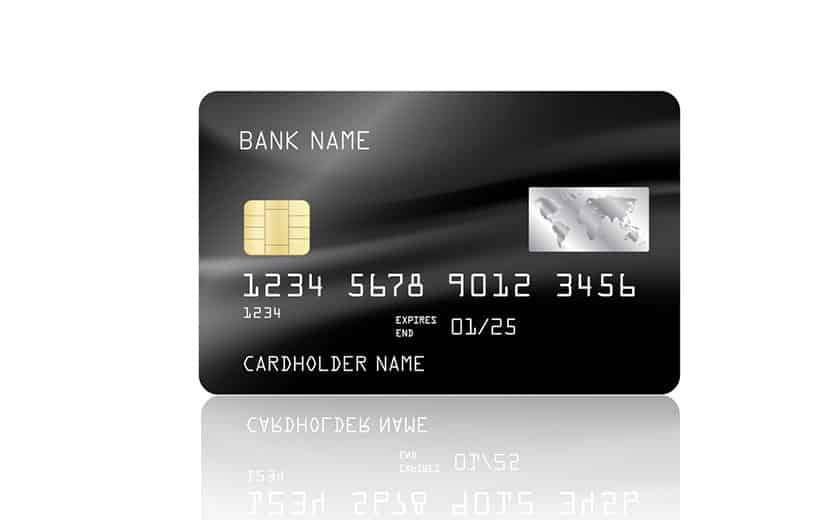Multiplication of loans, job loss, separation, health problems or accident… There are many reasons that can lead to a situation of indebtedness. The main problem with consuming on credit is that it incurs expenses that people cannot immediately afford. Do you find yourself in this situation? Find out how credit redemption can help you.
Summary
Over-indebtedness situation: the repurchase of credits
When loan repayments accumulate and the situation is extreme, we speak of over-indebtedness. Individuals become over-indebted when they take out more loans than they can repay. Unpaid bills are piling up and the income is no longer enough to keep one’s head above water.
Loans are only granted if the applicants have collateral that persuades the lending institutions. At the time of signing the contracts, these people justify a borrowing and repayment capacity sufficient.
As no one is immune to a hard blow, it is often external factors that prevent individuals from repaying their drafts. It could be an accident, the loss of your job or even a divorce. Are you in this situation? If you want to get out of over-indebtedness, consider doing a loan repurchase simulation for free and regain control of your finances.
Another major source of debt is credit cards. They allow a customer of a bank to spend money he does not yet have. The financial institution is based on the future remuneration of its customer or on its regular inflows of money to be reimbursed for its loan. Credit being the lever of the current economy, the system in place plays a central role in indebtedness, or even over-indebtedness.
The principle of 33% of the debt ratio
On your net income, the part spent on your monthly expenses corresponds to the debt ratio. The maximum amount you can repay on your credit is calculated based on your income and fixed expenses. To be sure that you can pay your drafts, this monthly repayment capacity cannot represent more than 33% of your net income.
Credit institutions consider that there is a risk when it exceeds this threshold. Beyond that, you risk insolvency, the inability to repay your loan and you are more vulnerable to over-indebtedness. However, it should be noted that this usage rate can be increased or reduced depending on your case.
Your repayment capacity therefore depends on this debt ratio, and both are linked to your borrowing capacity or the total amount you can borrow from the bank. Finally, the remainder to be lived is the amount that remains in the household once all the charges and monthly payments have been withdrawn.
When your debt ratio is around 33%, it is very difficult, if not impossible, to take out a new loan.
Redeem the credits: How does it work ?
To avoid falling into over-indebtedness, the repurchase of credits is one of the solutions that exist. Also called credit consolidation, it consists of consolidate all or part of your credits into a single credit. It allows debt restructuring and aims to repay them together with a single monthly payment. Your credits are therefore “bought back” from your banking establishment by another establishment.
The repurchase of credits has many advantages. With a single pooled loan, you only have one monthly payment and one borrower insurance. In comparison to the amount of all those you had to pay before, that of the new monthly payment is sometimes 40% less important. Your debt ratio decreases, you avoid over-indebtedness and you have the possibility of taking out a new loan.
On the other hand, it should be understood that if the monthly payment is lighter, the duration of the loan is automatically extended. The total cost is therefore more important and it also involves paying you certain fees. Also note that people who are already in over-indebtedness and who are also on Banque de France files are not eligible for loan redemption.
If you are over-indebted, but you are not yet listed, your banking establishment will be based on your « bank scoring » to determine if your case is viable or risky. In case of refusal of the repurchase of credits on his part, you can submit your over-indebtedness file directly to the Banque de France. If it accepts it, it will approach your credit institutions so that your monthly payments are restructured.
If this operation allows you to request a loan again, we advise you to proceed with caution. Take the time to do your calculations and make sure you benefit from the best protections in the event of a hard blow.
A change of perspective to avoid over-indebtedness
Over-indebtedness is linked to bad consumption habits. If we are to believe some people, it would seem that the act of purchase does them a therapeutic good. And yet, when it is over-reproduced and without consideration for its future, it can ultimately do more harm than good. In addition, repeated impulse purchases quickly generate significant expenses. When a person begins to borrow by having these kinds of habits, he is very exposed to over-indebtedness.
However, many households multiply the loans to be able to own certain things, such as housing or a car. They sometimes get involved without knowing exactly what they are getting themselves into and do not really realize the difficulties they will face in the event of a hard blow.
Over-indebtedness is first avoided by taking the time to reflect on each of your purchases. Ask yourself if they are really needed, if you can afford them and especially if they are not just passing cravings. You must then take the time to reflect before taking out a loan. Indeed, any credit is a commitment and the borrower has the obligation to discharge it.
Read also: How to deal with a drop in income?





